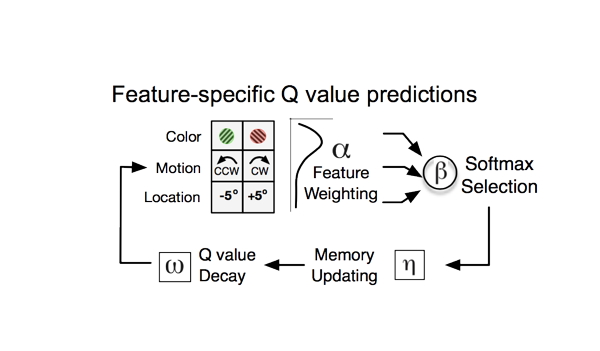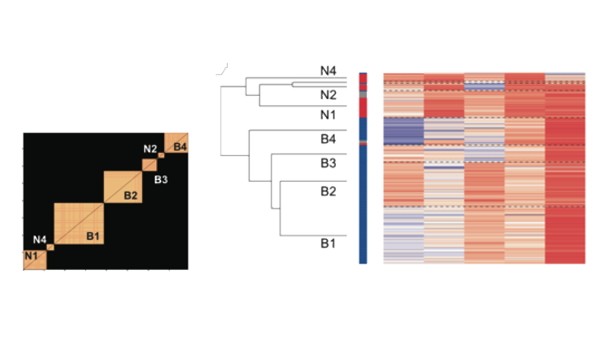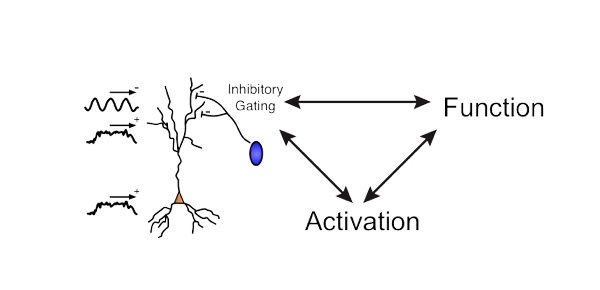We have new research out at PNAS about enhancing cognitive flexibility with highly selective allosteric modulation of the M1 muscarinic receptor (pdf: here)!
Muscarinic receptors are known to mediate pro-cognitive effects of acetylcholine, but it has remained unclear whether they differentially affect the cognitive subfunctions of attentional filtering, set shifting, and learning. To clarify the functional specificity of M1 mAChRs, we assessed these diverse functions using a recently developed, highly selective M1 PAM developped at the Warren Center of Neuroscience Drug Discovery by co-authors Prof. Jones and Dr. Russel. This novel M1 PAM caused domain-specific cognitive improvement of flexible learning and extradimensional set shifting, reduced perseverations and enhanced target recognition during learning without altering attentional filtering functions. These domain-specific improvements contrasted to effects of a nonselective acetylcholinesterase inhibitor that primarily enhanced attention and caused dose-limiting adverse side effects. These results demonstrate domain-specific improvements in cognitive flexibility suggesting M1 PAMs are versatile compounds for treating cognitive deficits in schizophrenia and Alzheimer’s disease.







